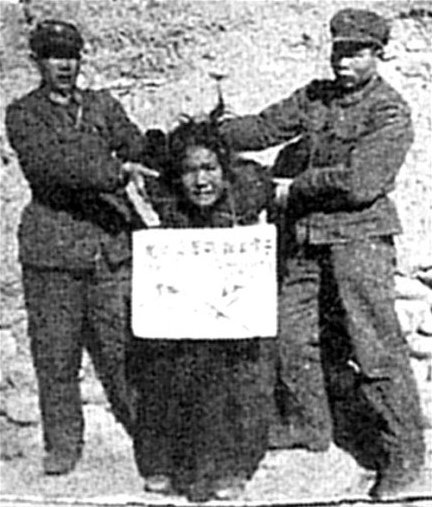
But I diverge from him in seeing the evolution of Marxism as something much more complicated than the picture drawn by JMP. I start by agreeing with Cam that we must emphasize the points of both continuity and rupture of our revolutionary process.

I take issue with this last statement, and that is what I will try to elaborate on in this article. And that answer comes in the shape of the mass line, which is “a mechanism to transform the nature of the party into a revolutionary mass organization which can resist the neutralizing force of the party-form”. Cam’s main thesis is that Maoism, being the only ideology that has correctly absorbed the knowledge produced by the learning process of the Paris Commune and the Russian and Chinese revolutions is uniquely poised to provide an answer to the problem of the party. Cam’s intervention is heavily influenced by, and largely follows Joshua Moufawad-Paul’s (JMP) ideas on how Maoism has been historically defined, what problems it is responding to, and how it must be applied today. This piece is meant as a (short) reply to Cam’s intervention on the debates around the party form started by Taylor B’s piece “ Beginnings of Politics” and Donald Parkinson’s piece “ Without a party we have nothing”. Three contributions have been published, with responses, counter-responses and synthesis. In Cosmonaut, we wish to have an open forum for debate, where these ideas can be shared and discussed. What is clear is that we need a plan, and we need one fast, or the monster will devour us all. Everyone has ideas, some more or less thought out than others. But how do we do something, how do we slay the monster? How do we become free? It is not going to be easy. We know we cannot just stand by, and we have to do something. Millions are going hungry and do not know whether they can make the next rent payment.

Renato Flores responds to Cam W’s argument for Maoism and the mass line.


 0 kommentar(er)
0 kommentar(er)
